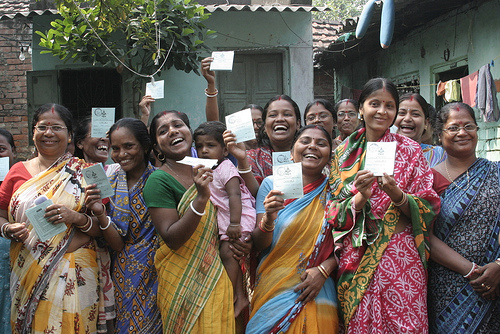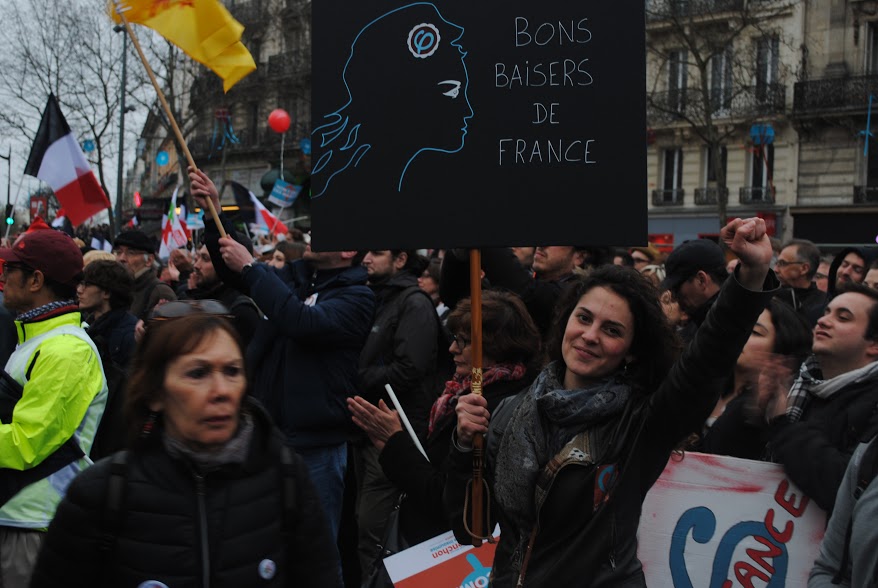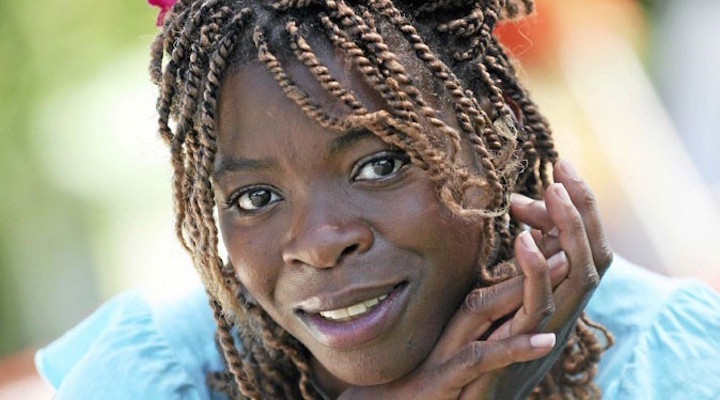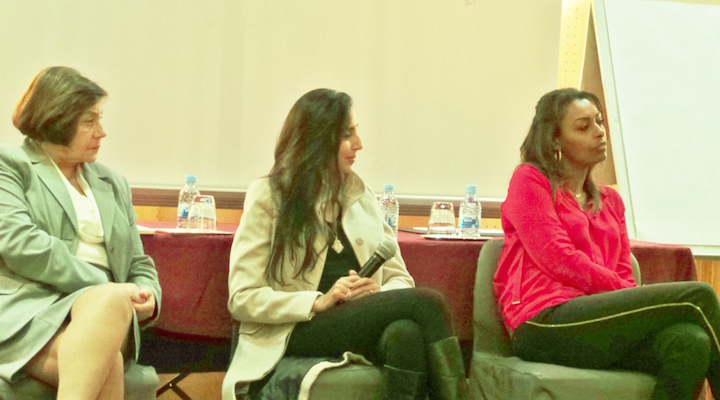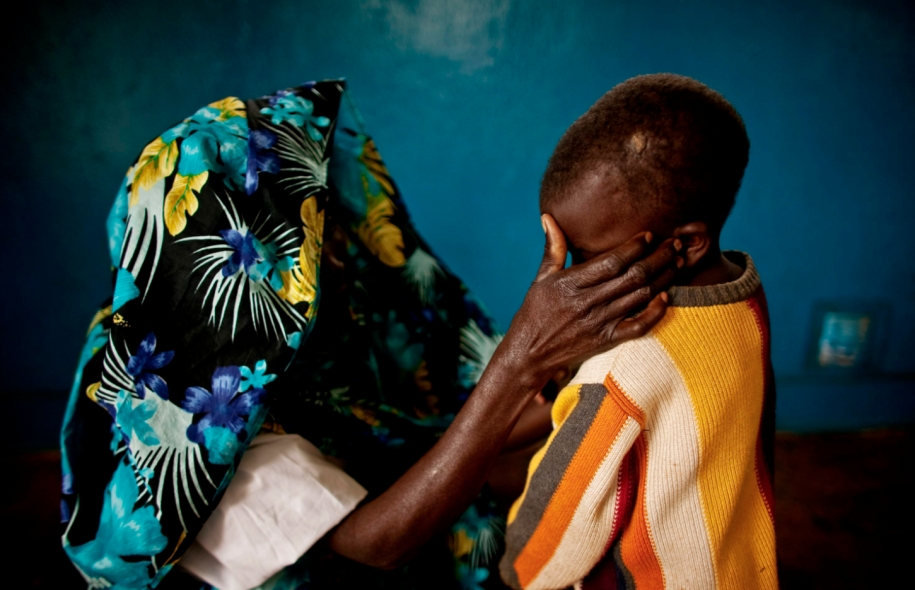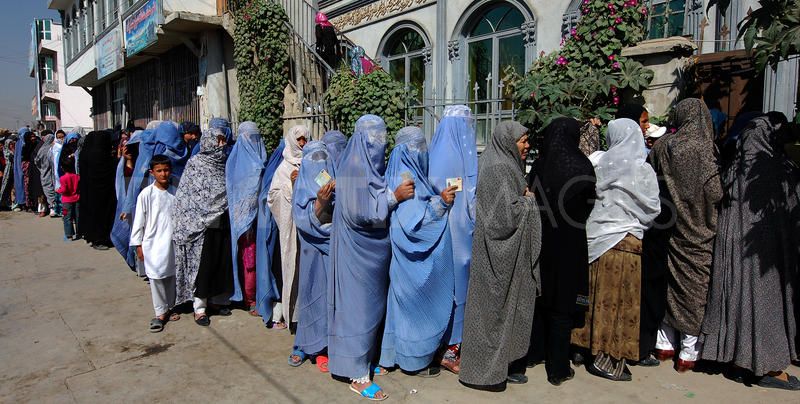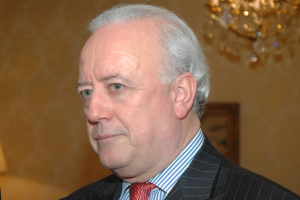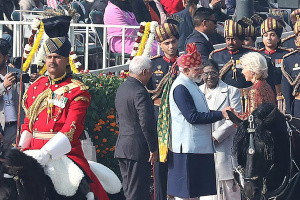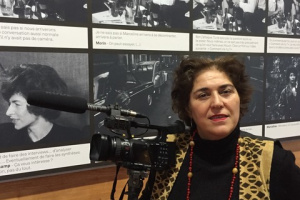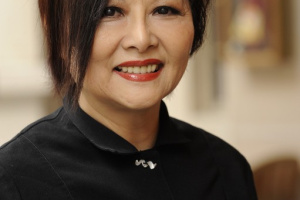M. Yunus a également parlé, lors de sa conférence à la LSE, du problème inhérent au capitalisme: la pauvreté. « La pauvreté n’est pas la faute des gens pauvres …, la pauvreté est créée par le système », et le système est mal conçu. Afin de lutter contre ces effets pervers du capitalisme, il a créé en 1983 la Grameen Bank, une entreprise de microcrédit, qui aide les familles défavorisées en leur prêtant de petites sommes. Aujourd’hui implantée aux quatre coins de la planète, la Grameen Bank prête principalement aux femmes (97%) car « les femmes ont une vision à plus long terme et veulent fortement changer leur vie ». Néanmoins, la Grameen Bank est associée à des entreprises à l’éthique très capitaliste, tel que Tesco en Angleterre, qui est régulièrement critiqué pour réduire des salaires déjà maigres. En réponse aux critiques, M. Yunus affirme que le capitalisme peut être utilisé pour le bien social; il faut annuler les effets pervers, et s’assurer que les travailleurs/ses soient décemment payé(e)s.
In a speech to the London School of Economics on 20th May, Bangladeshi economist and 2006 Nobel Peace Prize Laureate Muhammad Yunus called for the introduction of an international minimum wage. Professor Yunus was specifically addressing the issue of the garment factory collapse in Dhaka, Bangladesh in which more than 1,200 people, mostly women, were killed. “This is a good opportunity to wake up and pay attention,” states professor Yunus, “Why can’t we give them a decent level of salary? If we raise our wage from 25 cents to 50 cents per hour then the ultimate increase in the sales price is only a very small bit of change.”
The garment industry accounts for 75% of Bangladesh’s export income. It also employs four million people, 85% of whom are women. Working conditions, however, are often grim and employee representation and health and safety regulations are non-existent. The majority of garment factory employees come from villages where employment is scarce and many must use their income to support extended families. “Why don’t we just confront this?” asks professor Yunus, “We provide for Europe and North America. Buyers can be told your garment which used to cost $100 will now cost $102. People will understand.”
From capitalism to poverty
The speech also included a scathing critique of what Professor Yunus sees as the inherent problems of capitalism. “Poverty is not the fault of the poor people. Poverty is not created by the poor people. Each human being is endowed with unlimited potential, unlimited capacity. But we didn’t create a society to help unleash this creative potential. That’s what created all these problems. Poverty is created by the system. The system is made up of institutions, policies, all those beautiful things that we learn in our text books. This is what created poverty, because they are wrongly designed.”
Professor Yunus is best known as the progenitor of microcredit, an innovative money lending 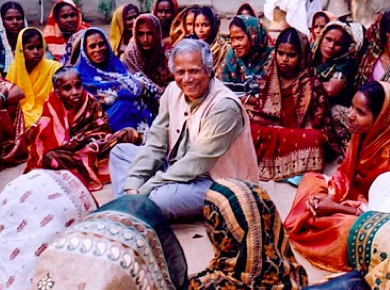 system which provides small loans to the poorest people in a number of countries including the US and the UK. Yunus founded the Grameen Bank for this purpose in 1983 and has since provided loans to 8.5 million people in Bangladesh alone. 97% of Grameen customers in Bangladesh are women. “Women have longer vision and want to change their lives more intensively,” he explains. “If you are born into a poor family, if you are a woman you have seen the worst of poverty. In a cultural way in the families in Bangladesh it’s the woman who eats last. So if you have scarcity in the family, she misses out.”
system which provides small loans to the poorest people in a number of countries including the US and the UK. Yunus founded the Grameen Bank for this purpose in 1983 and has since provided loans to 8.5 million people in Bangladesh alone. 97% of Grameen customers in Bangladesh are women. “Women have longer vision and want to change their lives more intensively,” he explains. “If you are born into a poor family, if you are a woman you have seen the worst of poverty. In a cultural way in the families in Bangladesh it’s the woman who eats last. So if you have scarcity in the family, she misses out.”
A social business partnering with capitalist companies
The Grameen Bank has, however, drawn criticism for its partnerships with the same capitalist institutions which professor Yunus rails against. For instance, the UK branch of the Grameen Bank is partnered with Tesco, a company which is regularly criticised for paying poverty wages and destroying local enterprise. Yunus took time to address these criticisms in his speech by claiming that the Grameen model of social enterprise shows that capitalist mechanisms can function for social good if only we learn to use them differently. “There is something lacking in the system. Why don’t you tinker?” he asks. “Why don’t you try to create something? I have done something that maybe will be useful. I’m not saying that this [microcredit] is the solution, but it is one of the things that we can try. If it can take five people out of unemployment by creating a social business then maybe the whole world can change. That’s the challenge.”
Yunus claims that an international minimum wage would provide female garment workers of Bangladesh and other workers in developing economies with security and dignity. “We should not give Western businesses an unlimited supply of slave labour,” he says.” The percentage for these women should be protected, this is non-negotiable. They don’t have the bargaining power, so they should be given a minimum guarantee. Then they can live as dignified human beings.”





